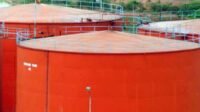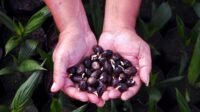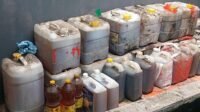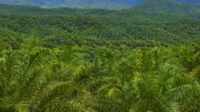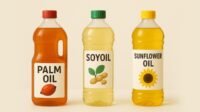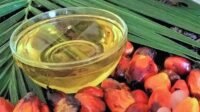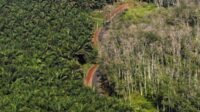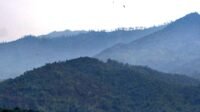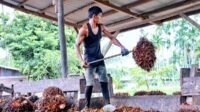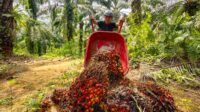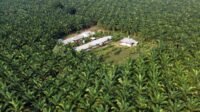PALMOILMAGAZINE, JAKARTA — Independent palm oil smallholders hold tremendous potential to play a key role in climate change mitigation. Beneath the trunks, fronds, roots, and fruit of oil palm trees lies a powerful natural ability to absorb and store carbon. With sustainable land management practices, smallholder plantations can become real contributors to reducing greenhouse gas emissions.
Environmentally friendly cultivation methods — such as avoiding land burning, maintaining soil fertility with organic fertilizers, and reducing the use of chemical inputs — not only improve yields but also enhance soil carbon storage. These efforts open new opportunities for smallholders to access carbon credit schemes or benefit from environmental service funds.
According to Subekti Rahayu, a researcher at CIFOR–ICRAF Indonesia, smallholder palm oil farms are often more diverse than many assume. “Independent palm oil farms are not entirely monoculture. Many farmers plant areca, sugar palm, and fruit trees as part of diversification,” she said in an official statement cited by Palmoilmagazine.com on Monday (October 20, 2025). “Carbon exists in palm plantations, but it’s invisible — like an unseen force,” she added.
Also Read:
She explained that every part of the oil palm — from leaves and stems to roots — plays a vital role in capturing carbon dioxide from the atmosphere through photosynthesis. The absorbed carbon is then stored as glucose within the plant, while oxygen is released back into the air.
Subekti, who is also known as Yayuk, emphasized that regenerative agriculture is key to ensuring the long-term sustainability of smallholder plantations. By implementing best practices, farmers can improve soil fertility, increase microbial activity, and strengthen overall ecosystem health. “These environmental benefits are what independent smallholders should pursue,” she noted.
To build smallholders’ capacity, the Forum of Indonesian Sustainable Palm Oil Farmers (FORTASBI) has been providing training to help farmers understand and measure the carbon stock on their farms in simple ways. This measurement is essential for validating smallholders’ contribution to climate change mitigation and strengthening their position in global supply chains that increasingly demand sustainable products.
FORTASBI believes that when smallholders can demonstrate their role in maintaining climate balance through sustainable farming practices, their standing in the global market will grow stronger. Beyond producing palm oil, independent smallholders have the potential to become frontline defenders of the planet — not just as producers, but as carbon stewards and climate guardians. (P2)


